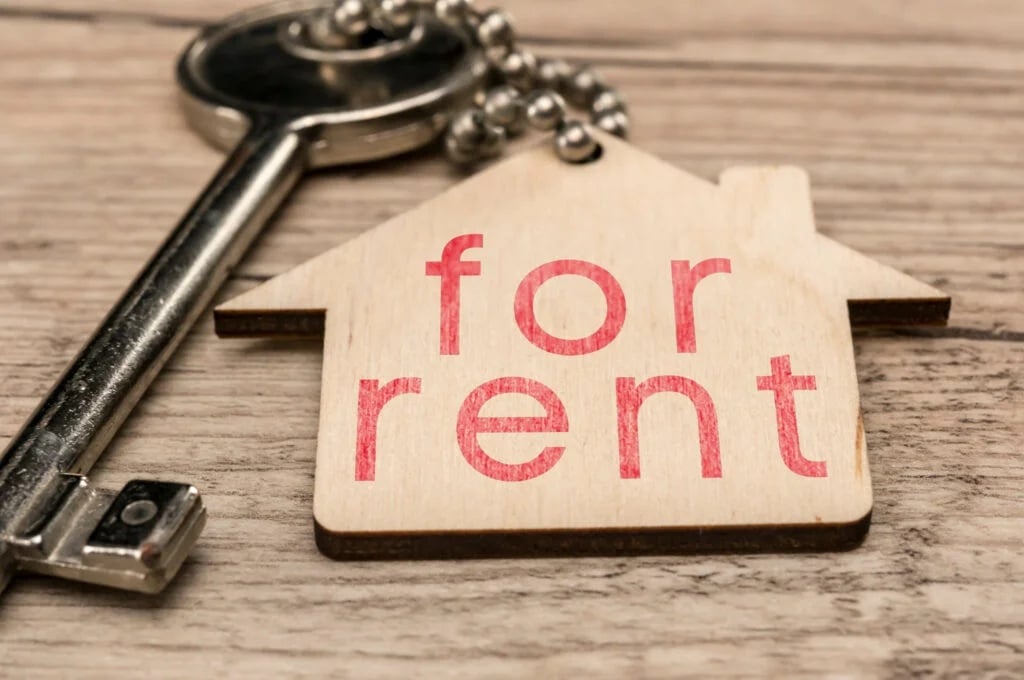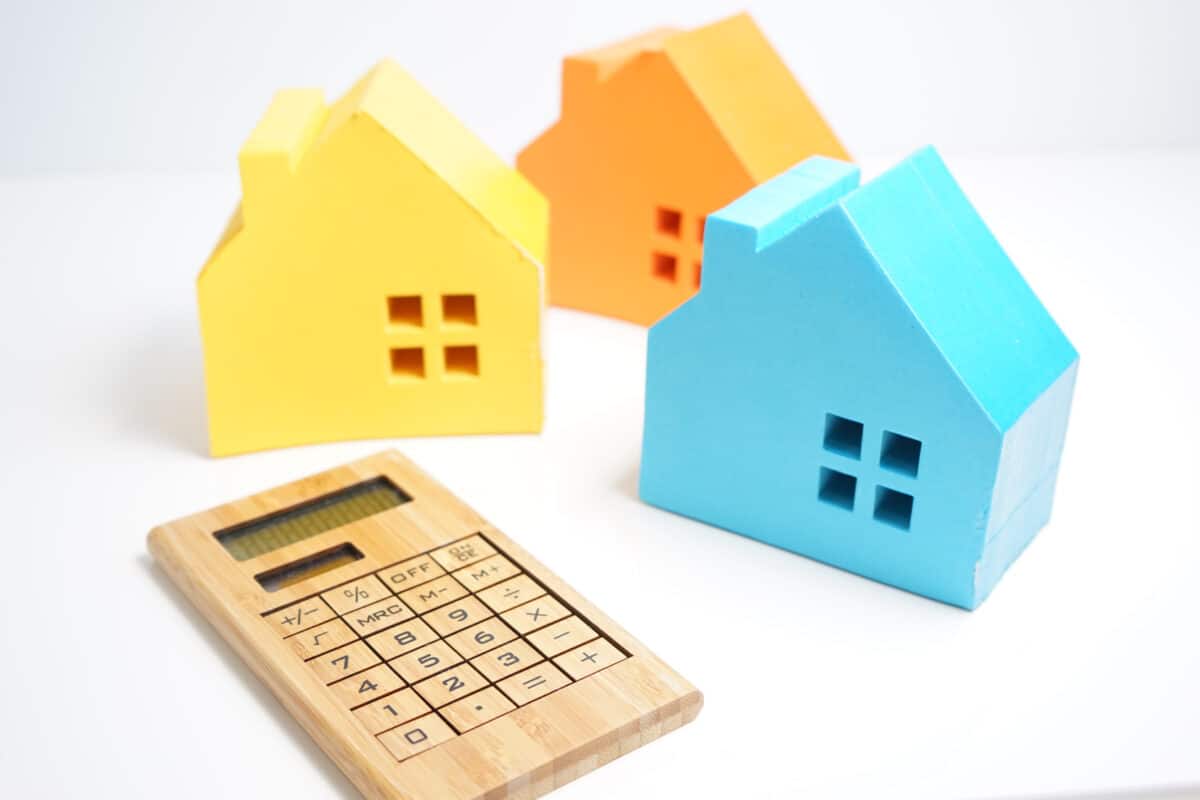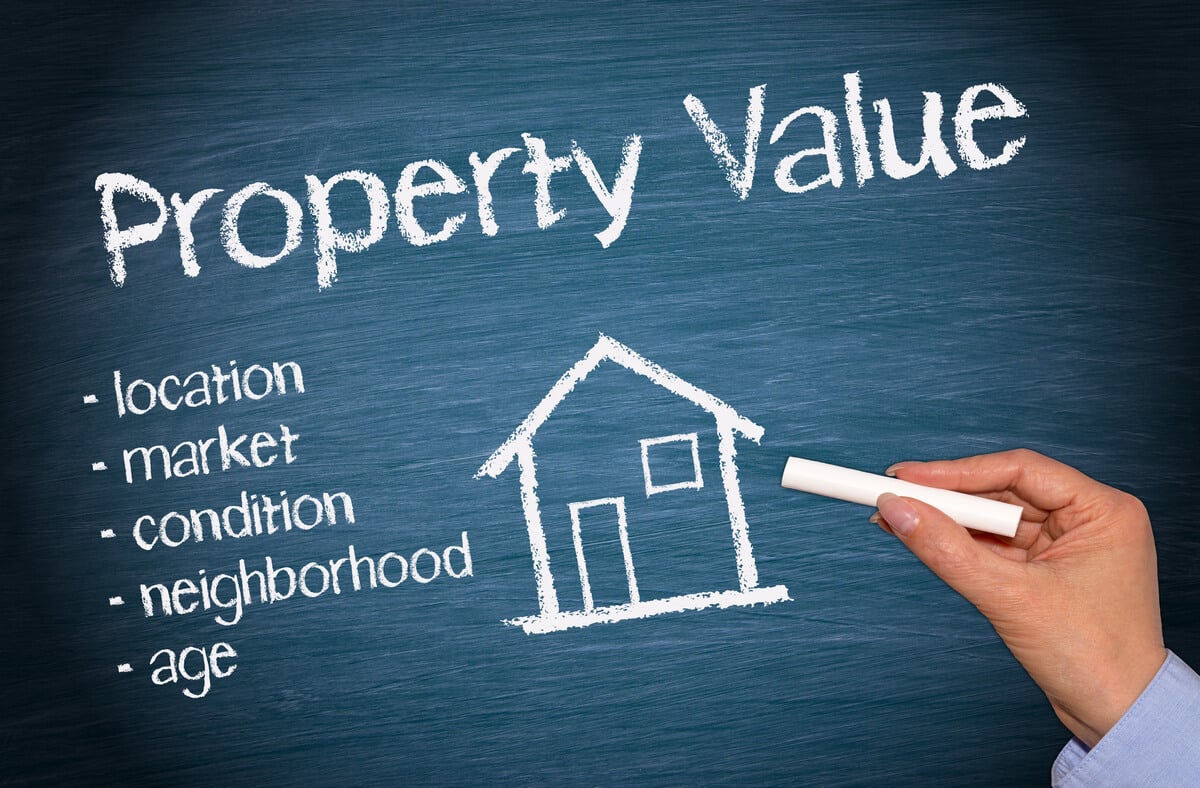Buying Pre-Construction for Investment vs Personal Use

The real estate market—especially when it comes to pre-construction condos in Toronto or other Ontario cities—is hot. And it’s no surprise, considering this is a lucrative industry where millionaires make their mark.
But here’s the thing: not every buyer enters the market with the same goal.
1- Buying Pre-Construction Condos For Investment
2- Buying Pre-Construction Condos For Personal Use
Some are investors—crunching numbers, analyzing future rental income potential, and watching for long-term appreciation. Others, however, are end-users: people planning to move in, make it their home, and maybe even raise a family there.
Two buyers. Same building. Completely different strategies.
In this post, we’ll break down these two types of homebuyers: investor vs end-user condo buyers. Keep reading to understand the differences.
Buying a Condo for Investment vs Personal Use Comparison Table
If you don’t have time to go over the whole article, here is a comparison table that highlights the most important aspects of buying a condo for investment vs personal use.
| Investment Property | Primary Residence | |
| Primary Goal | Maximize return (rental income or capital appreciation) | Improve lifestyle, comfort, and long-term stability |
| Location Priorities | Emerging high-growth areas with strong rental demand | Proximity to work, family, schools, and amenities |
| Unit Selection | Smaller, efficient units (1-bed, studios for rental yield) | Larger, functional layouts with personal preferences |
| Timeline Sensitivity | Flexible on occupancy date; may assign before completion | Must align with life plans (e.g. marriage, job change) |
| Financing Focus | ROI-driven mortgage planning; may include rental income | Affordability and long-term debt service |
| Tax Implications | Subject to capital gains tax; no principal residence exemption | Eligible for tax exemptions; HST rebate may apply |
| Maintenance Mindset | Keep costs low to increase profit margin | Willing to invest in upgrades and convenience |
| Risk Tolerance | Higher; market volatility impacts ROI | Lower; emotional and practical value take priority |
| Exit Strategy | Assign, rent, or sell after appreciation | Hold long-term; resale only if life circumstances change |
| Emotional Investment | Low – numbers and strategy driven | High – personal tastes and comfort driven |
Understanding Pre-Construction Condos
To get a good grip on what buying a pre-construction condo actually involves, let’s review some facts. Of course, it’s not the same as buying a resale unit. There’s more waiting, more paperwork—but also, more flexibility and potential upside.
From a technical point of view, pre-construction condos are units that haven’t been built yet. Buyers are purchasing a promise, essentially, based on floor plans, 3D renderings, and trust in the developer. And while that may sound a bit risky, many find it an exciting opportunity.
Here’s a snapshot of what makes pre-construction unique:
Purchase Timeline
- Units bought before construction starts or finishes (the pre-construction condo timeline)
- Completion dates often 2–5 years down the road
- Deposits paid in stages (commonly 15%–20% over time)
Customization Perks
- Ability to select finishes, colours, and upgrades
- Early buyers may even influence layout choices
- Feels more “yours” from day one
Ontario Market Drivers
- High demand in GTA and growing suburban hubs
- Limited land pushing development upward, not outward
- Ongoing population growth is fueling long-term housing needs
Yes, there are trade-offs. While buyers hope for appreciation over time, construction delays can test patience. Market shifts can also affect the final value or financing terms by the time the keys are handed over.
Still, whether you’re looking to invest or move in, pre-construction can offer:
Potential Benefits
- Lower initial price compared to resale units
- Time to save more while building is underway
- First pick of the best layouts or views
Common Risks
- Delayed occupancy dates
- Changing mortgage conditions at final closing
- Interim occupancy fees before full ownership kicks in
Read: Step-by-Step Guide for First-Time Pre-Con Buyers
Buying for Investment
Buying a pre-construction condo as an investor is less about personal style & more about the math. The goal? Maximize return.
Successful investors think ahead. They look at future transit lines, planned developments, employment hubs, anything that signals long-term growth. And while the unit may never be their home, every detail still matters.
Here’s what smart investors usually focus on:
Financial Goals
- Strong ROI through rental income or resale
- Long-term appreciation in high-growth areas
- Opportunity to assign before closing (if allowed)
Location Strategy
- Walkable areas near transit, schools, or business districts
- Neighbourhoods on the rise (watch for revitalization plans)
- Proximity to universities or hospitals = reliable tenants
Unit Selection
- Smaller, efficient layouts (studios, 1-bed) = higher rental yield
- Lower upfront costs, easier to rent out
- Fewer upgrades; focus on durability, not luxury
Lifestyle Considerations
- Minimal, think from a tenant’s point of view
- Functionality over finishes
- Convenience and practicality win over personal taste
Financial planning is also different from an end-user’s. Investors need to budget for things like:
Carrying Costs
- Interim occupancy fees (before final closing)
- Condo fees, property taxes, maintenance
- Potential vacancy periods
Tax Considerations
- HST may apply
- Capital gains tax on appreciation
- No principal residence exemption
And finally, every investor should be ready for the unexpected. Rental rules can change. Markets can cool. Projects can face delays.
Read: What to Do if Your Pre-Construction Condo Project Gets Delayed or Cancelled
Key Risks
- Rent control regulations
- Market fluctuations affecting value or rent
- Construction setbacks delaying potential income

Now, if I had to pick one example that sums up everything I’ve talked about, it would be Q Tower Condos. Why? Because it’s right in Toronto’s lively Harbourfront, a popular rental spot thanks to its waterfront views and close distance to the financial district. Plus, with occupancy expected in 2029, there’s plenty of time for the property to grow in value.
Buying for Personal Use
Buying a pre-construction condo for yourself is about blending lifestyle dreams with smart planning. You’re not just looking at square footage or even resale value. Your morning coffee spot, your walk to work, or where your kids might grow up are the factors at play here.
This type of purchase is less about return on investment & more about return on living well! Comfort, location, and long-term fit take the front seat.
Here’s what end-users, aka future homeowners, tend to prioritize:
Lifestyle Goals
- A place that feels like home
- Comfort & security
- Space that supports your daily routine and future plans
Location Strategy
- Being close to work, schools, transit, and family
- Walkable neighbourhoods with parks, shops, and services
- Vibe and community feel that match your lifestyle
Unit Selection
- Larger layouts for personal comfort (2-bed, 2-bath, den)
- Features like parking spots, storage, balcony, or a great view
- Flexible floor plans
Customization Opportunities
- Choose your finishes, colours, and upgrades
- Create a space that reflects your taste
- Enjoy new materials, modern appliances, and builder warranties
Of course, buying for personal use also means different financial planning:
Long-Term Ownership Costs
- Monthly mortgage payments based on your income
- Maintenance fees, property taxes, and utilities
- Save for future repairs or upgrades
Affordability Focus
- Mortgage pre-approval based on personal income
- Evaluate total cost of ownership, not just purchase price
- Plan around life milestones (e.g. marriage, kids, retirement)
Key Risks
- Construction delays impacting your move-in timeline
- Life changes (job relocation, family size) making the space less suitable
- Limited flexibility compared to resale options
Now, let me give you a real example, just like we did in the last section. If you’re dreaming about finding that perfect place to call home, I think One Ten Avenue Road Condos is a good option. Why? Well, it’s a boutique condo in the Annex area with only 78 units. It really feels exclusive. And if you love being close to designer shops, cafes, parks, schools, and great restaurants, this location totally fits that upscale, city-living vibe.
Ontario-Specific Considerations
Real estate landscape in Ontario has its own rules, protections, & perks, especially when it comes to pre-construction condos. Knowing the local framework, whether you’re investing or buying to live in, helps you avoid surprises down the road. Here are some Ontario-specific points to keep in mind:
Tarion Warranty Protection
- Every new condo in Ontario comes with a Tarion warranty
- Covers everything from construction delays to major structural defects
- Offers peace of mind for both investors and end-users
Read: New Home Warranty Programs (Tarion) Explained
10-Day Cooling-Off Period
- After signing a purchase agreement, you have 10 calendar days to reconsider
- You can cancel the deal during this time with no penalty
- A great window to review the fine print with a lawyer
HST Rebate Eligibility
- Personal Use: Eligible for a rebate if the condo will be your primary residence
- Investment: May still qualify if the unit is leased out for at least a year
- Important to structure the deal properly to avoid losing out
First-Time Home Buyer Incentives
- Land transfer tax rebates up to $4,000 in Ontario
- Potential access to federal programs
- Only applies if you plan to live in the unit, not for investment purchases
Rental Regulations
- Investors need to understand Ontario’s rent control laws and tenant rights
- Rules differ depending on the building’s occupancy date
- A knowledgeable agent can guide you through these details

Decision-Making Tips
Still struggling between these two options: condo investment or live in that condo? You’re not alone. It’s a big commitment, and the right move depends on your goals, timeline, & as I said before, lifestyle. Here’s how to approach the decision with clarity and fewer headaches:
For Investors
If you’re thinking about building wealth through real estate, here’s where to focus:
Run the Numbers
- Estimate rental income vs. monthly carrying costs
- Include taxes, maintenance, and potential vacancy periods
Study the Area
- Look for neighbourhoods near transit, schools, hospitals, or tech hubs
- Review local rental trends and average occupancy rates
Know the Developer
- Research the builder’s track record, delivery timelines, and past projects
- Reliable builders can make or break your ROI
Understand Assignment Rules
- If you plan to assign before closing, check if the developer allows it
- Some projects restrict assignments or charge extra fees
Read: Comprehensive Guide to Assignment Sales in Ontario’s Real Estate
Meet with a Real Estate Investment Advisor
- A knowledgeable Platinum agent can help you forecast growth and assess true value
- Don’t go in blind, expert guidance can save you thousands
For End-Users
Buying a home is personal, so the decision should reflect your life.
Visit Model Suites (or Virtual Tours)
- Get a feel for size, layout, and light
- Ask yourself: Can I see myself here every day?
Assess Amenities and Community Vibe
- What matters more to you: a gym, a rooftop patio, or nearby schools?
- Choose a building that matches your lifestyle
Plan Your Move-In Timeline
- Pre-construction can take 3–5 years to complete
- Make sure the timing works for your job, family, or relationship plans
Budget for the Long Term
- Think beyond the purchase price: include taxes, maintenance fees, and upgrades
- Affordability isn’t just about getting a mortgage, it’s about keeping it
Talk to a Mortgage Broker or Financial Advisor
- Confirm you can carry the unit comfortably
- Explore any first-time buyer perks you might be eligible for
Final verdict: No matter which path you take, a well-informed decision is a stronger one. Take your time. Ask questions. And surround yourself with professionals.
Bottom Line
Buying a pre-construction condo in Ontario isn’t a one-size-fits-all decision. It all comes down to your goals.
If you’re an investor, you’re chasing numbers—rental income, appreciation, ROI. Your strategy is shaped by the market, not emotion.
If you’re buying for personal use, you’re building a home. Comfort, layout, lifestyle, and timing come first.
Whichever route you’re on, the key is alignment. Align your choice with your future plans, your financial reality, and what matters most to you. Reach out to Platinum Condo Deals today for expert advice, early access to top-tier projects, and guidance tailored to your goals.
Jatin Gill, an esteemed authority in real estate writing, is celebrated globally for his unparalleled expertise. With over 20 years in the industry, he has authored more than 1,000 SEO-friendly articles covering every facet of real estate. Specializing in pre-construction projects, Jatin's extensive knowledge spans all real estate topics. His content is a go-to resource for anyone seeking comprehensive, insightful, and up-to-date information in the real estate market.
Learn MoreFAQs
Your goals matter most here. Investors focus on ROI and growth, while end-users prioritize comfort, location, & long-term livability.
Yes, once final closing occurs, you can rent it out—just make sure to comply with local rental rules and condo bylaws.
Delays, developer changes, and market fluctuations are common risks. Work with a trusted agent and research the builder carefully.
Yes, but end-users may qualify for an HST rebate. Investors can also apply under certain conditions if renting long-term.
You can assign the contract if the builder allows it. Be aware of assignment fees and market demand.
Additional Resources















Awards & Achievement










Subscribe for the Latest Condo Deals
Apologies, our subscription list for this month is now full. Please register on our website to secure your spot for next month. Thank you for your interest!

